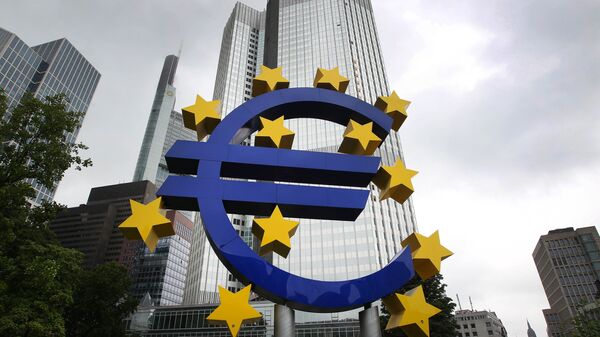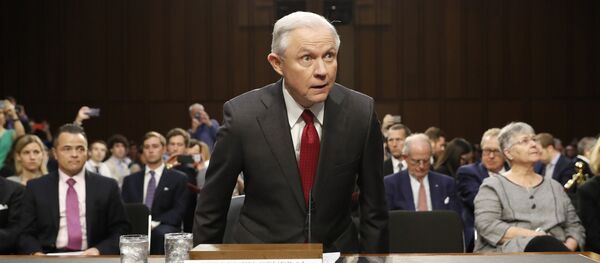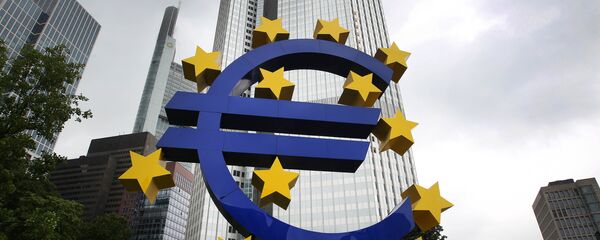The end of the party, however, is poised to bring on a harsh hangover, with policies of austerity and the environment characterised by lower consumer purchasing power set to define the next 10-year economic cycle. Whilst not necessarily being a bad thing, the nascent era of normalcy in monetary policy will favour savings over borrowing and spending, and wealth accumulation instead of buoyant gains in sales in goods and services.
The global change in approach to monetary policies will reshape and redefine the existing patterns characteristic of the consumerist society, meaning more modest expansion in retail and financial sectors in the years to come, and the prevalence of a more conservative approach to personal finance from San Francisco to Vladivostok.
Monetary stimuli have obviously exhausted their potential supporting inflation and economic growth, and even in the UK and Russia, where the Bank of England (BOE), and the Central Bank of Russia (CBR) had to resort to monetary easing by lowering base interest rates in recent years, monetary planners are now favouring a return to normal policies. Both the British and Russian economies have posted improvements recently despite the setbacks of Brexit and structural readjustment, respectively, during the past twelve months.
"It is one of the most striking economic puzzles of our times: why, when unemployment rates are near historic lows in so many parts of the … world, is wage growth so sluggish and inflation so subdued," Janet Henry of the UK bank HSBC said.
The fact of the matter is that cheap credit is no longer enough to support domestic investment and economic growth, and centralised planning in the financial sector alone is failing to support the real economy due to the breakdown in policy transmission.
The main problem is the sky-high level of household indebtedness across the world: in 1Q17, US household debt reached a whopping $12.73 trln, its highest since the 2008 crisis. In the UK, average debt burden per household hit £13,200 by yearend of 2016, its highest since late 2008, when it stood at £13,300 per household. In Russia, total household debt in mid-2017 hit its highest since 2014, at roughly 3 trln roubles ($50.71 bln), stirring concerns of borrower insolvencies and non-performing loans (NPLs), with the authorities considering financing a write-off of roughly 1 trln roubles worth of household debt.
"Of course, I welcome all the normalization of monetary policy,” CBR head Elvira Nabiullina said. “I think monetary policy should be normal. We try to normalise our policy, but it's the opposite direction – we are now in the easing cycle – but other countries are in a different way," she added.
Whilst the ECB and BoJ are still trapped within the easing cycle as well, seeing little to none opportunity to normalise their policies by introducing higher borrowing costs and wrapping up their investment in national assets, the broader monetary policy trend toward normalisation yearn for proportional fiscal policy measures. Whilst in the US, UK, Russia, and Japan such an interaction between their respective Finance Ministries and central banks is fairly easy to coordinate, the Eurozone is lacking a single fiscal policy.
"(The ECB) are facing the same problem that so many other central banks are, namely, a cyclical upswing in growth without any inflationary pressure. The challenge for the ECB is also how to move towards tapering without creating a taper tantrum," Carsten Brzeski of the Dutch bank ING said.
Even though inflationary pressures are elevated in the UK and Russia, a shift to monetary normalcy is not an easy option due to the significant downward pressure on broader growth. In the US, the Eurozone, and Japan, inflation continues to falter below central bank target (typically, 2 percent), making the case for achieving monetary normalcy heavily dependent on the governmental fiscal policy support.
Global economic growth is poised to slow down due to the removals of monetary stimuli across the world’s largest economies, and a decline in imports of consumer goods from emerging markets. Yet, the pivot to normalcy will allow to enter the new 10-year economic cycle without a global recession, at a price of a slower growth and subdued improvements in quality of life across the globe – mainly, by keeping within the means at each national economy’s disposal.





